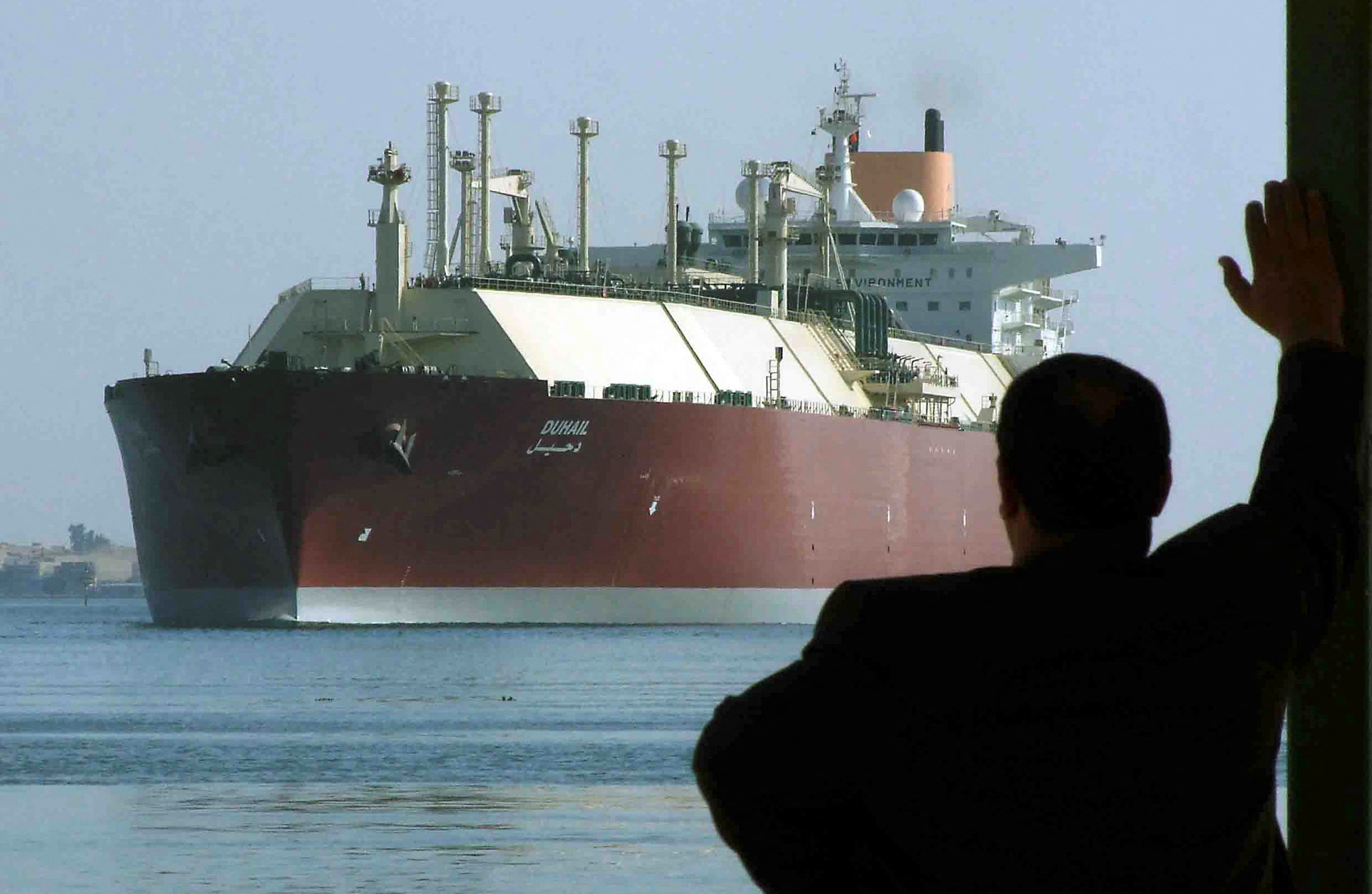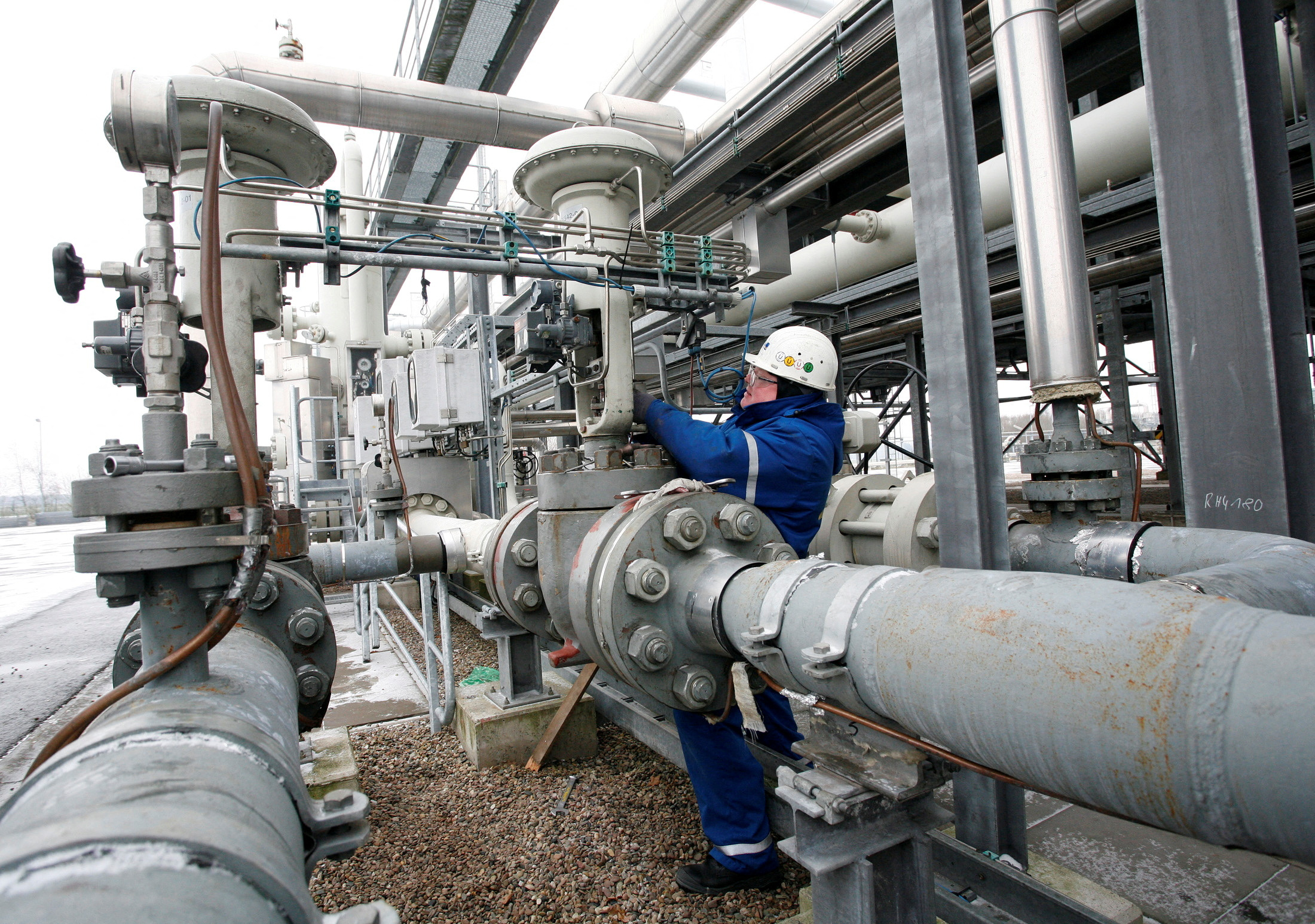Energy affordability must be prioritised by the EU, and by Cyprus too
Much of the discussion at the FT’s International Energy Policy Forum in Brussels earlier this month applied to Cyprus as well as other areas of the world. The event attracted industry leaders, policymakers, and financial experts, and covered European energy, decarbonisation, balancing industrial competitiveness with net-zero goals, the geopolitical impact of the energy transition and its financing and economic potential.
The industrial sector is the backbone of the European economy, but it is at risk of losing it. Its legacy heavy industries, steel, petrochemicals, machinery, cars, etc are facing major competitive challenges because of the massive price gap in energy in comparison to the rest of the world, especially the US. The current benchmark natural gas price in the US is $3,6/mmBTU (about 1000 cubic feet), while in north-western Europe it has risen to about $15/mmBTU – over four times higher.
How Europe got there can be put down to three past mistakes:
1) Over-reliance on a single gas supplier, namely Russia
2) Abandoning nuclear power: in 1995 it provided 35 per cent of Europe’s power generation, which is now down to 24 per cent and projected to decline further
3) Solar power: 20 years ago, Europe was the lead manufacturer. But it dropped the ball and China picked it up.
To remain an important global economic power, Europe needs a new, realistic, ‘industry master plan’ based on rescuing its legacy industries and developing new technology. Even though solar is out of its hands, there is still room for Europe to become a leader in batteries, wind, heat pumps, electric vehicles and more. The EU should also invest in AI to improve efficiency and productivity, as well as energy efficiency.
It also needs to do everything faster. Licensing and permitting are too cumbersome and too slow. It takes Europe 10 years more at 2.5 times the cost to build a nuclear power plant in comparison to China. Europe needs an integrated market, deregulation and government support of innovation and new technologies.

And while doing that, LNG is about to come to the rescue. By 2030 close to 200 million tonnes of LNG per annum will come into the market, expected to bring gas prices significantly down. But this needs to be supported by further reform of the electricity market to reduce prices further. It also needs to bring energy taxation down. Taxes on electricity in Europe are too high, 40 to 50 per cent – in Cyprus too – but only 10 per cent in the US.
The combination of cheaper gas and electrification can bolster EU industry competitiveness.
If Europe does not or cannot do this, it will not recover and its economy and position in the world will suffer.
Geopolitics of decarbonisation
With the coming of Donald Trump to the US presidency, global politics, including energy, are changing very quickly. Europe is no longer in control. It depends on others for most of its energy needs and critical raw material supplies. The challenge now is to set a credible European industrial policy that addresses the energy price gap with its competitors, energy security and decarbonisation.
The Green Deal was an achievement and it led to a major reduction in emissions, but also to over-regulation, loss of competitiveness and de-industrialisation. Nobody signed for decarbonisation with de-industrialisation. It could threaten growth if clean energy benefits do not lead to lower prices. The challenge now is competitiveness.
The EU has become a front-runner in decarbonisation, but forgot the other parts of the equation. It ended up relying on others for low-carbon technology. It talks a lot about investment, but not about how it can actually attract it and become competitive.
The Draghi report addresses many of these issues and makes sensible recommendations on “closing the innovation gap with the US, harmonising decarbonisation with competitiveness, and enhancing economic security by reducing dependencies.” The era of relying on others for cheap energy and security is over.
Europe’s new Competitiveness Compass addresses many of these issues, while not losing sight of the longer-term goal of decarbonisation. The challenge now is to implement it.
Buying expensive US LNG does not help Europe’s competitiveness in the longer term. Europe must develop a single energy market, based on flexible demand, electrification, interconnected grids and storage, stable and predictive regulation, and embrace more nuclear energy.
Europe has “painted green hydrogen as the Holy Grail of energy transition” but it has not attracted serious investments to date and the EU is highly unlikely to achieve its 2030 targets. Green hydrogen has a long way to go before it reaches scale.
Europe – as well as Cyprus – must prioritise energy affordability. It is pressing hard on people and industry. About 47 million people are unable to heat their houses. High taxes on electricity exacerbate this. Energy affordability and competitiveness go hand-in-hand.
Maximising the economic potential of energy transition
Energy is prosperity. There is no prosperity without ample and affordable energy. Single-mindedness on green policies and over-regulation has not led to prosperity. EU regulations in their current form are hindering rather than enabling the energy transition.
Europe spends too much time on reporting but not on how to make things happen. Layers of EC and member state bureaucracy and prescriptiveness discourage investment. The EC has proved itself good in setting goals and policies, but has gone too far in details and regulation and needs to pull back. It needs simplification.
Europe’s systems designed to promote sustainability are no longer sustainable. Attention was not paid to longer term consequences with the introduction of new EC regulations. What is needed now is pragmatism and massive simplification, to keep what is necessary, not what is ‘nice-to-have’.
As a result of high energy costs, Europe has priced itself out of the market. The EC needs to concentrate on real costs, not just relative benefits. Major improvements in productivity are critical to economic recovery and attracting investment.
Investment requires confidence and incentives – it is a risk/returns question. Current investment opportunities in the EU do not align with this and are not attractive. Energy-intensive industries struggle with the EU’s Green Deal-driven energy transition. High energy costs have driven them and other European industries to prefer investing in the US rather than the EU.
Europe has allowed energy transition to be done in a way that has negatively affected middle-income people. The impact of energy unaffordability on people means that the license to stay the course on transition is being lost. The EC must pay attention to these voices. The far-right is exploiting this, increasingly gaining in elections and, unless hope and prosperity return, could soon be dictating Europe’s direction of travel.
If Europe is to regain its rightful position in the new world order, it must make the difficult choices, support them and stick to them.






Click here to change your cookie preferences